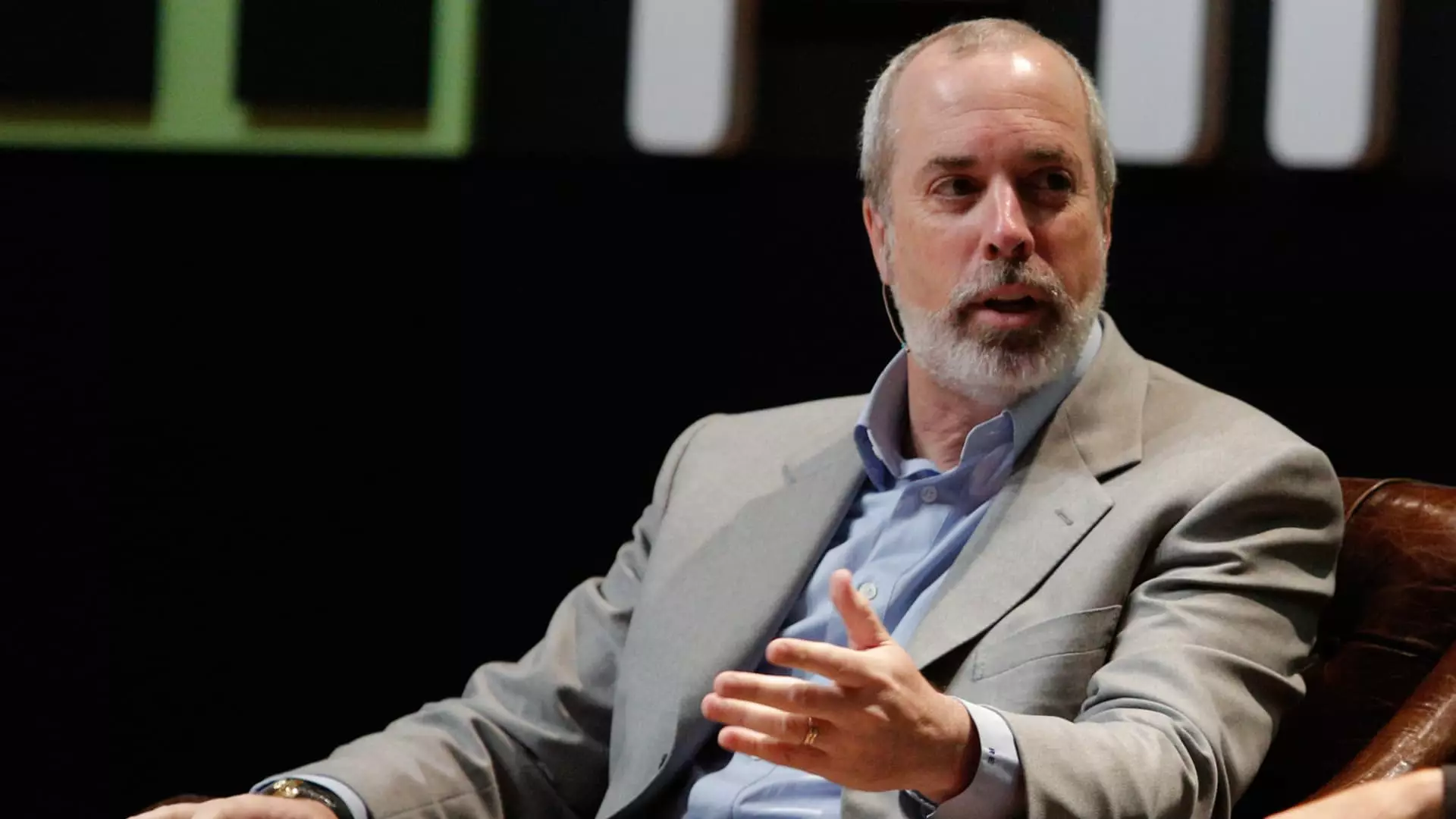In today’s fast-paced world, the need for financial literacy has never been more crucial. Ric Edelman, a prominent figure in personal finance, has sounded the alarm on the dismal state of financial education in the U.S. His assertion that “we stink at it” might be harsh, but it transcends mere criticism; it highlights a fundamental societal flaw that demands urgent attention. In a country where financial mismanagement can lead to disaster, the glaring lack of effective financial education speaks volumes about our priorities.
Edelman emphasizes that the necessity for adept financial planning is particularly pressing given that many people are living longer than ever. With this newfound longevity comes the peril of running out of resources in one’s golden years. This unprecedented reality poses serious challenges to traditional investing structures, namely the long-cherished 60-40 stock-and-bond portfolio strategy—a relic from a time when such a model sufficed for shorter life expectancies.
Generational Gaps in Understanding
Edelman argues quite passionately that the generational gap in understanding personal finance is perilous. Baby boomers thrived under economic conditions that largely shielded them from long-term financial planning because life expectancy often capped near retirement age. For today’s youth, however, financial futility isn’t merely a concern; it is an impending crisis. Young investors today are frequently enamored with the idea of get-rich-quick schemes, heavily influenced by the allure of bustling investment platforms easily accessible through digital media. As people chase fleeting financial independence, the danger of gambling rather than investing looms large.
The rise of engaging yet often uninformed financial advice on platforms like TikTok only exacerbates the issue, leading to a generation of investors who may not fully understand what they’re diving into. In a landscape where the options market is teeming with participants—nearly half of all retail traders were involved in it as of 2022—the potential pitfalls become crystal clear when considering the lack of foundational knowledge among young investors.
The Complications of Modern Finance
Edelman warns that corporations often intentionally complicate consumer finance, creating an environment where the consumer feels less like a customer and more like a hostage to convoluted schemes. Financial products become excessively elaborate and costly, turning basic decisions around mortgages, insurance, and investments into labyrinthine pathways filled with traps for the unwary. This complexity discourages critical financial thinking and leaves many feeling overwhelmed, unprepared, and ultimately disengaged.
Moreover, the absent, or at least woefully inadequate, financial education in high schools is a glaring void that must be filled. It is alarming that many adults enter their thirties or forties without ever having had a formal education in personal finance, navigating this essential subject only through the “school of hard knocks.” Edelman’s call for a mandatory personal finance curriculum is not just a recommendation but a necessity—a lifeline for future generations.
A Silver Lining?
Despite the sobering realities, there is a flicker of hope. Recent legislative changes in various states indicate a slowly but surely growing recognition of the importance of financial education. As of this year, a commendable 27 states now require high school students to complete a personal finance course before graduating. It’s initiatives like these that equip young people with the tools they need to secure their financial futures against the backdrop of increasing economic complexity.
Yet, while the younger generation exhibits a keen motivation to avoid their parents’ financial missteps, the question remains: will the momentum generated by these changes be swift enough to make a noticeable impact? Young adults face a dual challenge: the burden of student debt combined with the difficulty of navigating a constantly evolving financial landscape.
In the end, while there are challenges aplenty, the combination of motivation among younger generations and educational reforms could represent a turning point. The imperative now is for society as a whole to take the matter seriously, recognizing that financial literacy is not merely an individual advantage; it’s a national necessity for a prosperous future.

